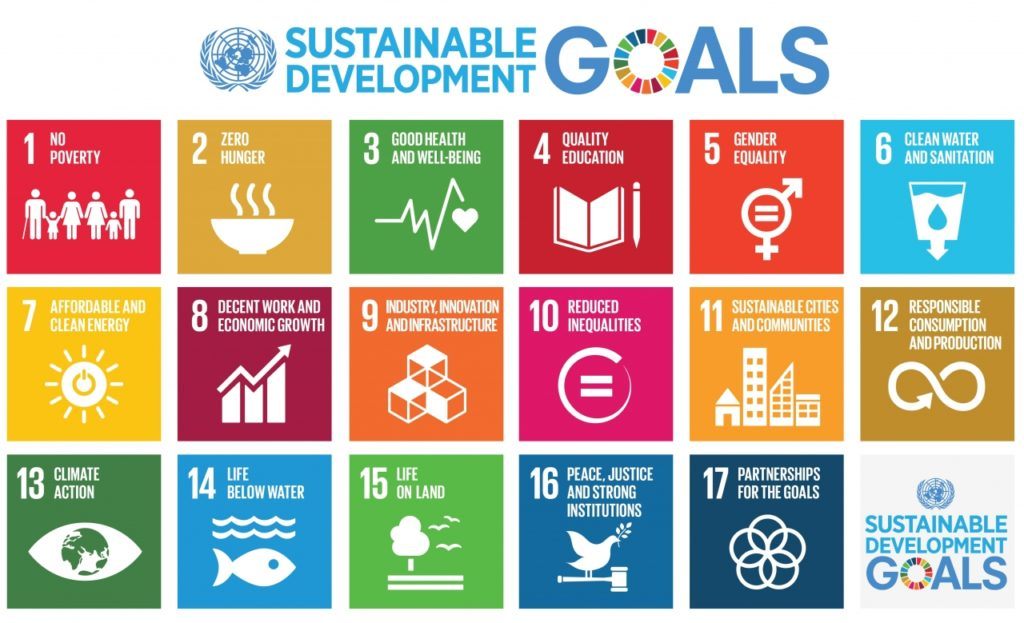Further steps to enhance business transparency
December 12, 2017Data and Technology among Future Trends
December 12, 2017In January 2016, the Sustainable Development Goals officially came into force.
Over the next years, governments, businesses and civil society should mobilize efforts to end all forms of poverty, fight inequalities, tackle climate change and environmental protection, while ensuring that no one is left behind. These efforts must go hand-in-hand with business strategies that build economic growth and addresses a range of social needs.

While the Sustainable Development Goals (SDGs) are not legally binding, governments are expected to establish national frameworks for the achievement of these 17 UN Global Compact Goals. Countries have the primary responsibility for follow-up and review of the progress made in implementing the Goals, which will require quality, accessible and timely data collection. Regional follow-up and review will be based on national-level analyses and contribute to follow-up and review at the global level.
“To ensure that by 2030, the SDGs become a reality for everyone everywhere, we must innovate in the way we think about communicating the goals, building partnerships, and push for more people-centred action at the local, regional and global levels.”
– says Sarah Poole, UN Development Programme (UNDP) Deputy Assistant Administrator
SDG Leadership through Reporting
In September 2016, GRI and the UN Global Compact announced the partnership of SDG Leadership through Reporting – an initiative to promote and shape the future of corporate reporting on the SDGs. A global list of prioritized disclosures for tracking business contributions and impacts on the SDGs will be produced for the UN High Level Political Forum in July 2017.
“Our renewed partnership, focused on the SDGs, will help companies report against the global goals, leveraging UNGC Communications on Progress and the GRI Standards, with which they are already familiar. This will enable businesses to smoothly incorporate SDG reporting into their existing processes, empowering them to act and make the achievements of the SDGs a reality.”
– says Teresa Fogelberg, GRI’s Deputy Chief Executive
Why should business engage?
GRI and the UN Global Compact – the largest corporate social responsibility initiative and a main entry point for business to advance UN goals – create a multi-stakeholder group of leading businesses, reporting experts and data users. By joining the business group of this initiative, stakeholders can expect the following opportunities:
- Better understand and shape emerging investor practices on integrating the SDGs into analysis and decision-making and possible implications for corporate reporting;
- Learn and receive practical insights, knowledge, and tools on key trends and emerging best practices in reporting and communication on the SDGs;
- Help shape the future of corporate reporting as promoted and required by the UN Global Compact, GRI and Principles for Responsible Investment (PRI).
“One year after the adoption of the 2030 Agenda for Sustainable Development, many companies have begun to align or map the content of their sustainability reports with the Sustainable Development Goals. Best practices for reporting on the SDGs, however, have yet to be established and the full spectrum of SDGs still needs to be effectively integrated into any major reporting standards and frameworks.”
– says Bernhard Frey, UN GC Senior Manager, Environment, Climate & Reporting
Collaboration is essential in creating solutions that support organizations with their reporting ambitions and requirements. Maybe the “SDG Era” is time for companies to engage and cooperate with many different stakeholders, including experts and non-financial data users?

